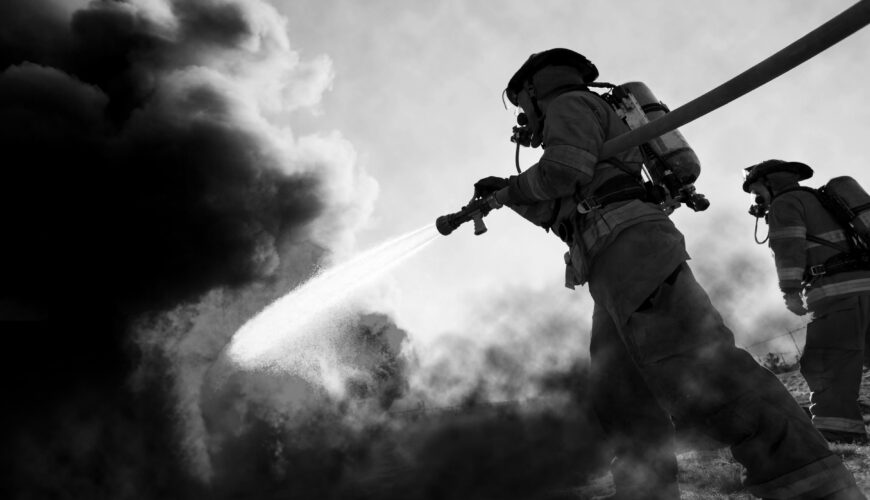Last week’s devastating wildfires on the island of Maui have left people and companies scrambling for avenues to provide help. Several organizations have jumped in to provide a variety of supplies, and some carriers are prioritizing relief shipments to the island ahead of others.
One stroke of good luck is the fact that the Port of Kahului is fully operational, so medical supplies and emergency vehicles can make their way to the island by sea. Local, regional, and even national air carriers are stepping up to help, too. On the local level, interisland freight company Young Brothers is shifting its order of operations to put priority on relief shipments. They are anticipating 20 containers from FEMA this week and will rebook other cargo customers.
Air carriers are getting aid efforts lined up as well. Hawaiian Airlines has set aside space on its aircraft to support the shipment of relief cargo, including medical equipment, food, water, and infrastructure support. They’re also taking to the island donated goods like water, sandwiches, snacks, mattress pads, and pillows for evacuees arriving at the Kahului Airport. Likewise, Aloha Air Cargo is shipping packages for free from Hawaii customers to Maui-based family members. Outside the state, Alaskan Airlines sent a rescue flight to the island last week, stocked full of emergency necessities like blankets, towels, diapers, and baby formula.
How can your business help the residents of Maui?
The American Logistics Aid Network (ALAN) has also jumped in to help the residents of Maui. ALAN established a disaster micro-site that lists the latest needs. The first request has come through in the form of moving communications equipment to support shelter facilities near Lahaina. That said, ALAN expects the need for supply chain assistance to grow in the coming days, weeks, and months as the island assesses the damage and determines where logistics relief efforts are most needed. ALAN is emphasizing that “self-deploying” is unhelpful, as it sometimes creates more challenges. In the meantime, cash donation to non-profits is an option. You can also make a “pre-offer” with the organization for space, equipment, or services.
Getting aid to an island like Maui poses unique challenges beyond mainland disasters. FEMA must make all its deliveries via air or sea, rather than road, for instance. Where the agency might quickly begin setting up temporary homes in the form of trailers, they need land to accommodate them. On an island, that’s often in short supply, as was the case when Puerto Rico suffered extreme damage in the wake of Hurricane Maria in 2017.
Another issue that can slow down help is the logistics of getting relief workers to a location like Maui. Once they do reach the island, they will be faced with a lack of shelter to house them. While the Port of Kahului is open, it is small and not necessarily suited to receive cargo on the scale that is needed on Maui. Supporting Maui is no easy task, but it is necessary and there are ample opportunities for logistics providers to get in on the act.


